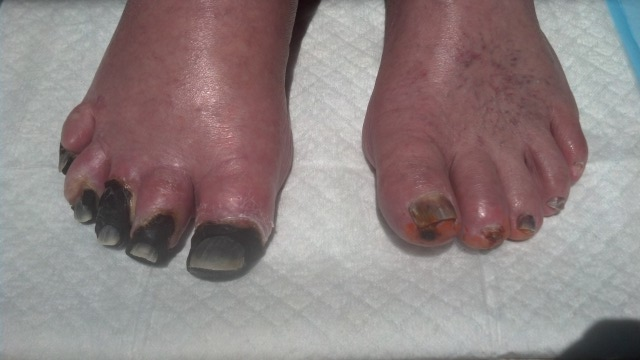Are There Dangers to Eating Too Much Protein?
1. Kidney Damage: The kidneys are responsible for filtering and removing waste products from the bloodstream. Excess protein intake can put strain on the kidneys as they have to work harder to filter the excess nitrogen and other waste products produced during protein metabolism. Over time, this can lead to kidney damage and even kidney failure.
2. Dehydration: Consuming a high-protein diet often results in increased water loss through the kidneys. If adequate water is not consumed along with the high protein intake, it can lead to dehydration. Dehydration can cause fatigue, constipation, and impair various bodily functions.
3. Constipation: A diet high in protein and low in fiber can lead to constipation. Protein digestion produces less stool bulk than the digestion of carbohydrates and fiber. Without enough fiber, stool can become hard and difficult to pass, leading to constipation and digestive discomfort.
4. Nutrient Imbalances: Excessive protein intake can interfere with the absorption and utilization of other essential nutrients. For instance, high protein diets can reduce the absorption of iron, calcium, and zinc. In the long term, this can lead to deficiencies of these nutrients.
5. Increased Risk of Certain Chronic Diseases: Some studies have suggested that diets consistently high in animal-based proteins, especially red and processed meats, may be associated with an increased risk of certain chronic diseases, such as heart disease, type 2 diabetes, and certain types of cancer.
6. Bone Health Issues: While protein is important for bone health, excessive protein intake, particularly animal protein, can lead to increased calcium excretion and potentially contribute to bone loss over time. However, it's worth noting that other factors such as calcium intake, physical activity, and overall dietary balance also play significant roles in bone health.
7. Gout: High intake of purine-rich foods, commonly found in certain animal proteins like red meat, organ meats, and some seafood, can contribute to gout. Gout is a form of arthritis caused by the buildup of uric acid crystals in the joints.
It's important to note that the safe upper limit for protein intake varies depending on individual factors such as age, activity level, and overall health. Generally, it is recommended to consume protein in moderation as part of a balanced diet that includes a variety of nutritious foods from all food groups. Consult a registered dietitian or a healthcare professional to determine the appropriate amount of protein for your individual needs and to avoid any potential risks associated with excessive protein consumption.
-
digestion problems
QuestionI have a problem with my stomach that doctors were not &n
-
The Right Amount of Calories?
QuestionI have a question about how many calories I should have i
-
vit. B12
QuestionCan Vit. B12 be absorbed with taking other vitamins or do
-
Climatic Factors and Eating pattern
QuestionHi ! I am a Student of Nutrition and Dietics and I recen
-
Dear Kim, Currently I...
QuestionDear Kim, Currently I am a college student and you know
-
Weight Lose supplements, OTC
QuestionAre there any safe weight lose supplements that you can b



